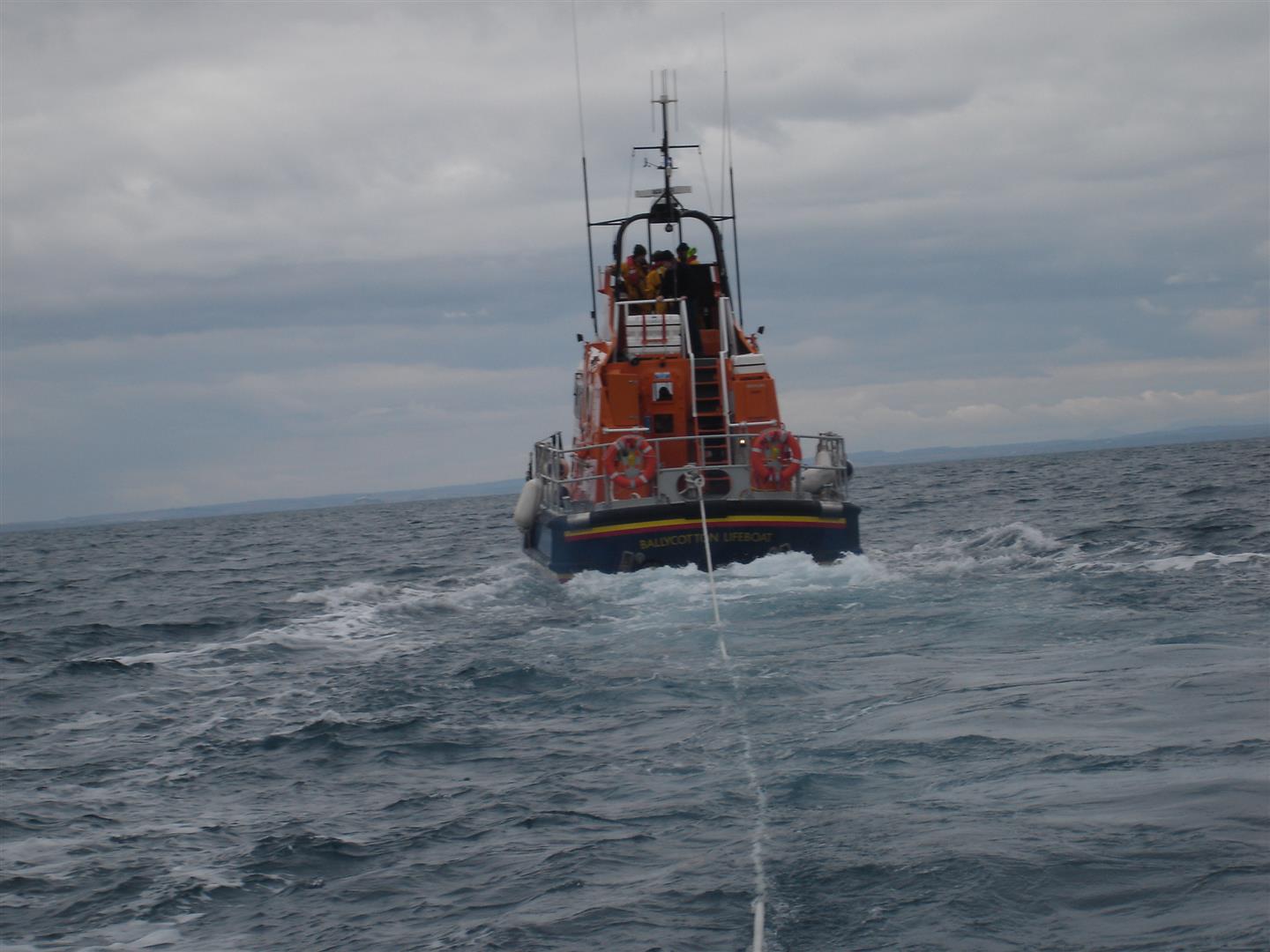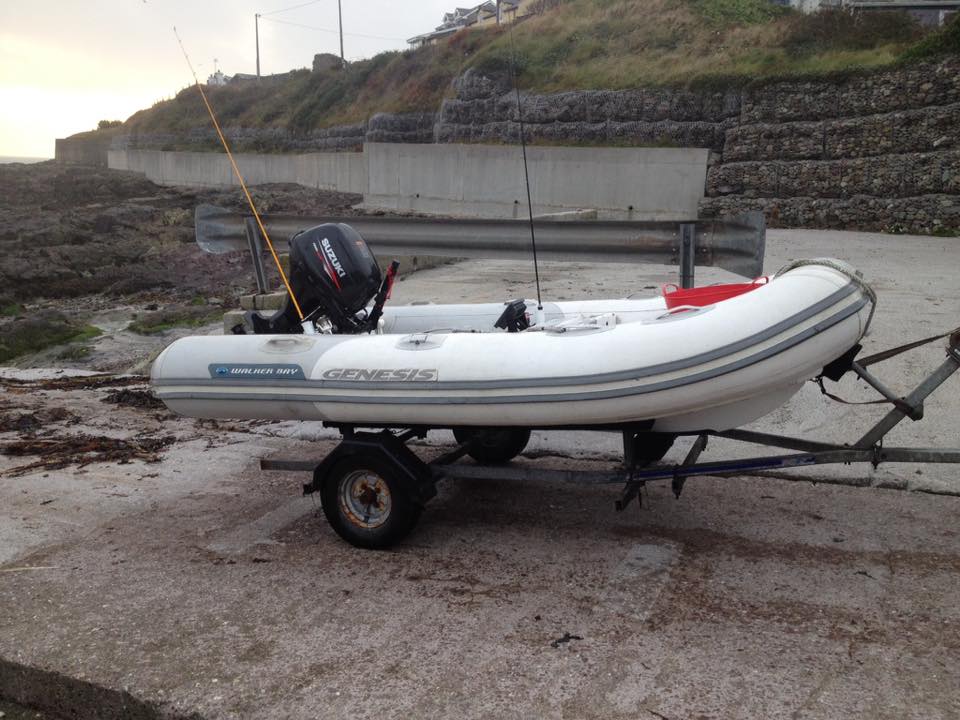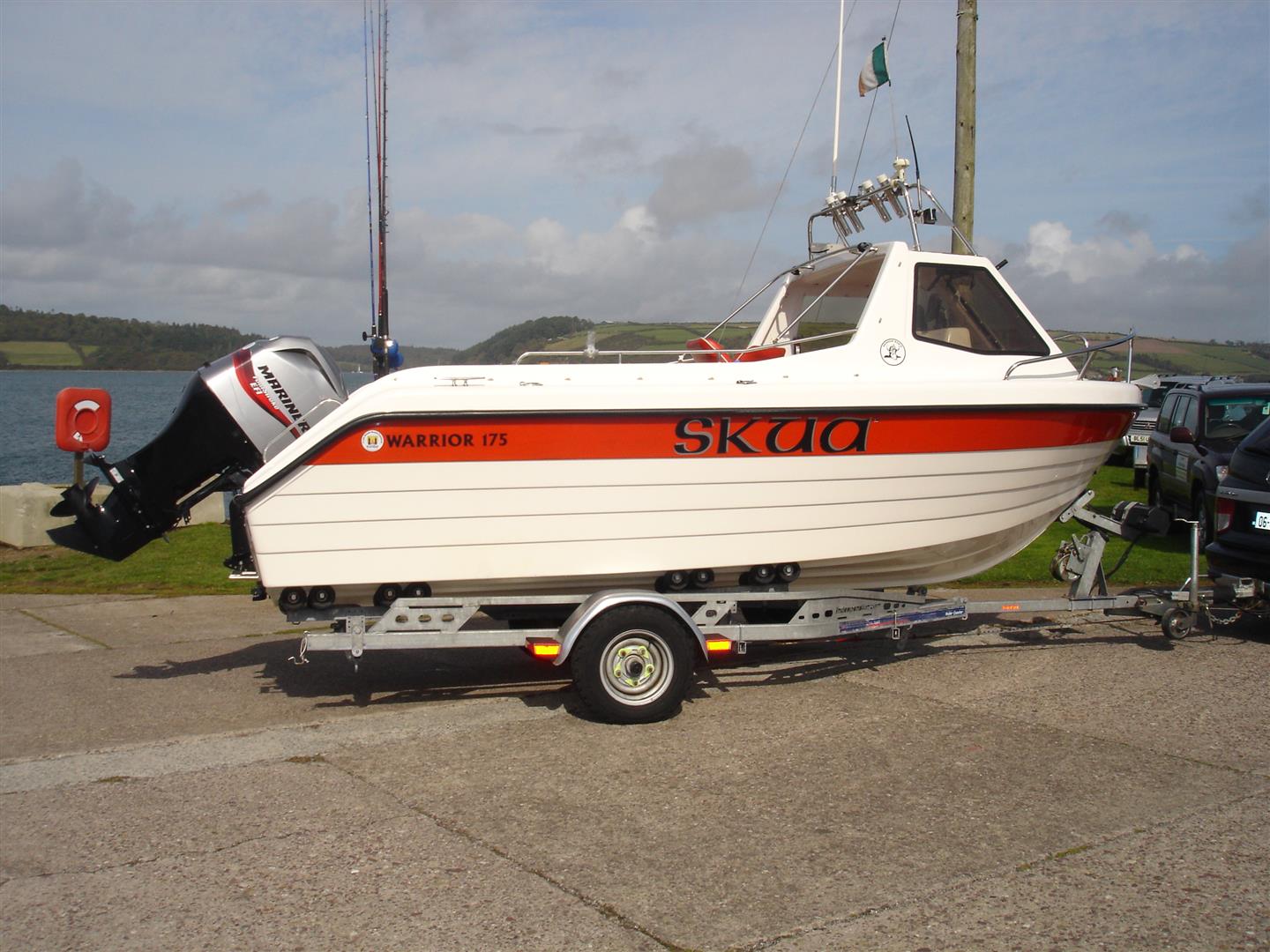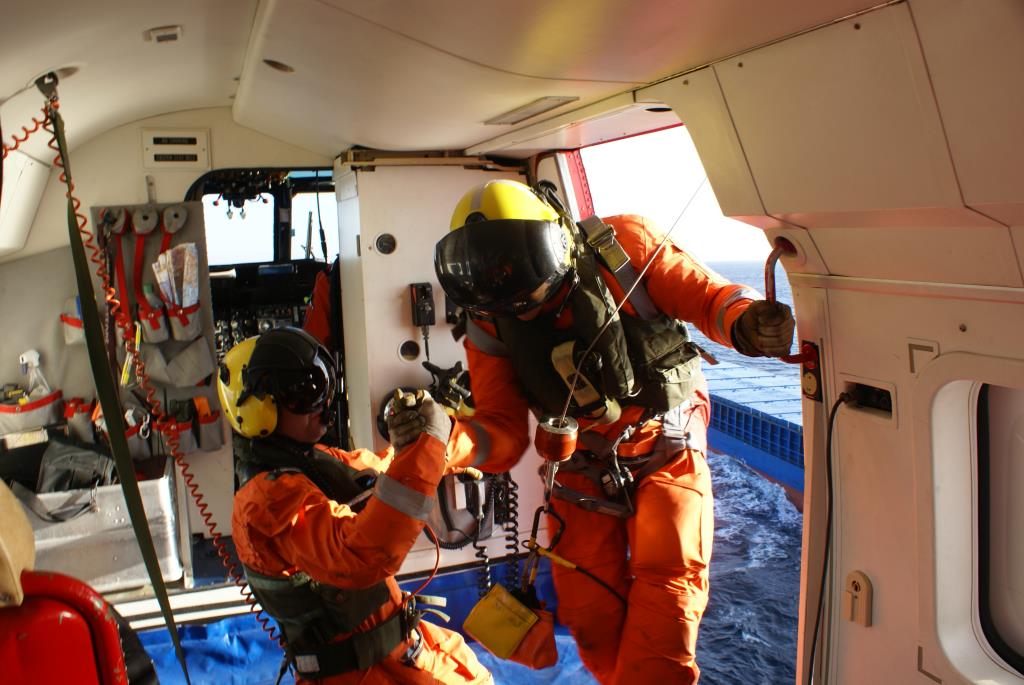* RIBS and SIBS – Getting afloat on a budget!


RIBS and SIBS – Getting afloat on a budget!
Summer time makes monsters of anglers! Perfectly normal humans suddenly take urge in getting on the water. Those that have a craft spend lots of their waking hours in planning to get afloat and spend even more hours in getting their craft ready for water. The most misfortunate of all are the shore anglers that are suddenly have a social media feed that starts to fill up with anglers afloat catching and having a blast. It stands to reason that each year there is a new crop of victims – a new posse of boat anglers are born.
So where do you start? Well, it is always best to look at the end of the business that is easiest on the pocket! For many boat anglers this is the kayak end of things. Kayaks are a great way to begin your sea faring but many like to have something more substantial under their bum and the thoughts of paddling does not enthuse everybody.

Of course there are always “project” boats that can be bought for small money and can be worked on over time and the resulting craft is a perfect fishing machine however there are many that a bigger craft does not suit. More and more anglers are looking at the inflatable market and once to have a look you see that there are many many options suiting all budgets, needs and abilities.
Before delving into the nitty gritties of buying the perfect inflatable lets first speak about water safety. Generally speaking the boat does not do the killing. Usually it is the abilities of the skipper that tend to cause the problem. Often it is not one problem on the water that does the killing but a series of interlinked events that end up in fatality or at least a serious incident.
What we are saying here is simple – you can go to sea in a bathtub but it is the ability of the skipper to recognise that the craft is seaworthy and that the conditions are suitable for the said bath tub is the difference between an enjoyable day on the water and dealing with the consequences of a serious incident on the water.
The bottom line here is that there is no substitute for training and experience. Skippers need to know the limitations of their craft and also their own limitations. Skippers need to break the series of events leading to catastrophe. Oh, and there is no saving stupid!
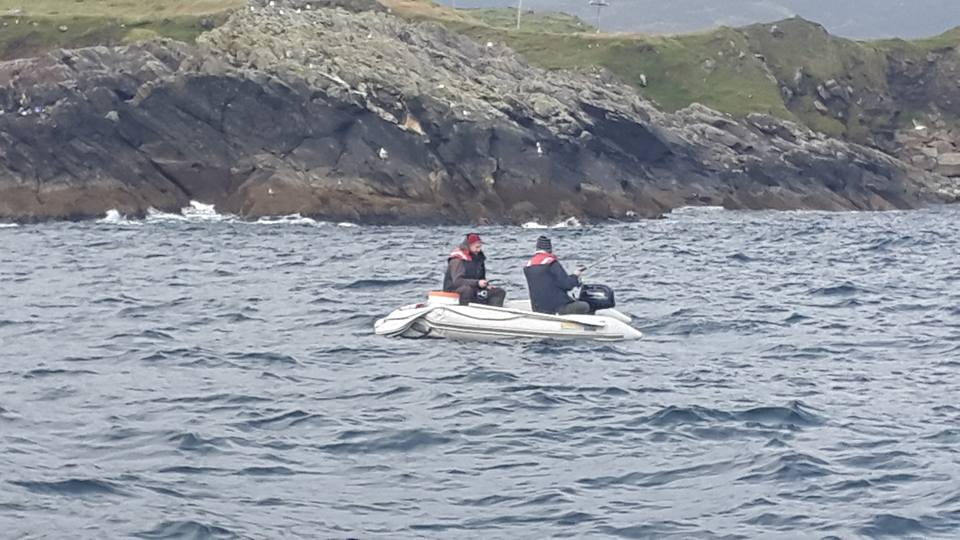

So you have decided to get afloat. So you have decided to buy a small boat. It doesn’t matter what craft you are buying – All boats are a compromise!
What is your budget?
What do you want to do in your boat?
Where do you want to do it?
How many people will normally travel?
What size can you manage?
Will you moor, marina or launch each time?
If you moor – are there moorings available? Is there a cost? Can you place one where you want?
If you Marina – How much will it cost? Will it operate all year round? Is it safe and secure?
If you tow – What sized boat? Need for a 4×4? What are the slipways like? Where will you store your craft?
These are some of the questions that will arise and there are more!
All boats are a compromise!

Case study –
I purchased my first SIB to fulfil a need. I already have a boat that I launch and retrieve each on outing. I also like to fish for bass. I felt that a SIB would give me an alternative craft for bass fishing when I am operating on my own. I wasn’t interested in inflating and deflating so I fancied the trailer route. So that was the package I was looking for. In terms of handling the boat a 3.5m boat would be more suitable than a 4m and I was looking for tiller control as the fishing space is usually limited by the addition of a centre console and controls….
There are plenty of dealers if you want to go for a new boat. Really the research is in terms of build quality and price and performance. Obviously your size craft will depend on your situation. I would suggest that you purchase as big a boat as you can manage with as big an engine as you can manage as well.
If you are looking for a second hand boat it is best to check out the usual websites: Apolloduck, Boats and Outboards, Done Deal etc. These sites will give you an idea what is available and what sort of craft you can expect to get within your budget.
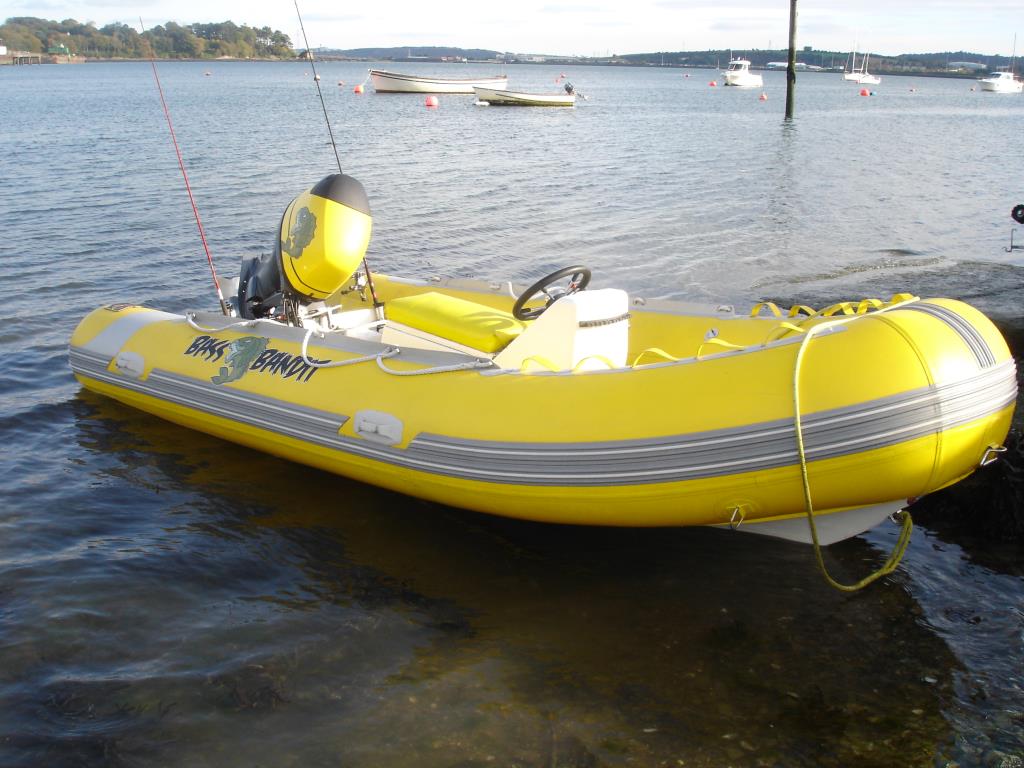
Boat Spec
Bigger SIBs nowadays tend to fall into two categories – Aluminium Deck and Air Deck (Slatted timber floors I would consider to be tenders!). While both will do fine in terms of fishing I would lean towards the alu deck. In my experience they are more rigid and take more abuse, thinking about dropped lures etc.! Users of both types of floor who break down their boats tell me that the air deck is easier to assemble but you do need a serious pump to get the floor to operating pressures. Users who trailer like me appreciate the alu floor.
I found a Honwave at good value and it was a lovely boat. Good wide sponsons and a comfortable boat in all but the roughest weather. I’m sure that the Wavelines and Excels are decent boats too. It is important to look towards quality. Most SIBs are made in China and as you would expect there are varying levels of quality.
With a tiller control boat you will be sitting on the rear sponson. It’s important to have well positioned grab handles and such to make the driving experience the best you can get.
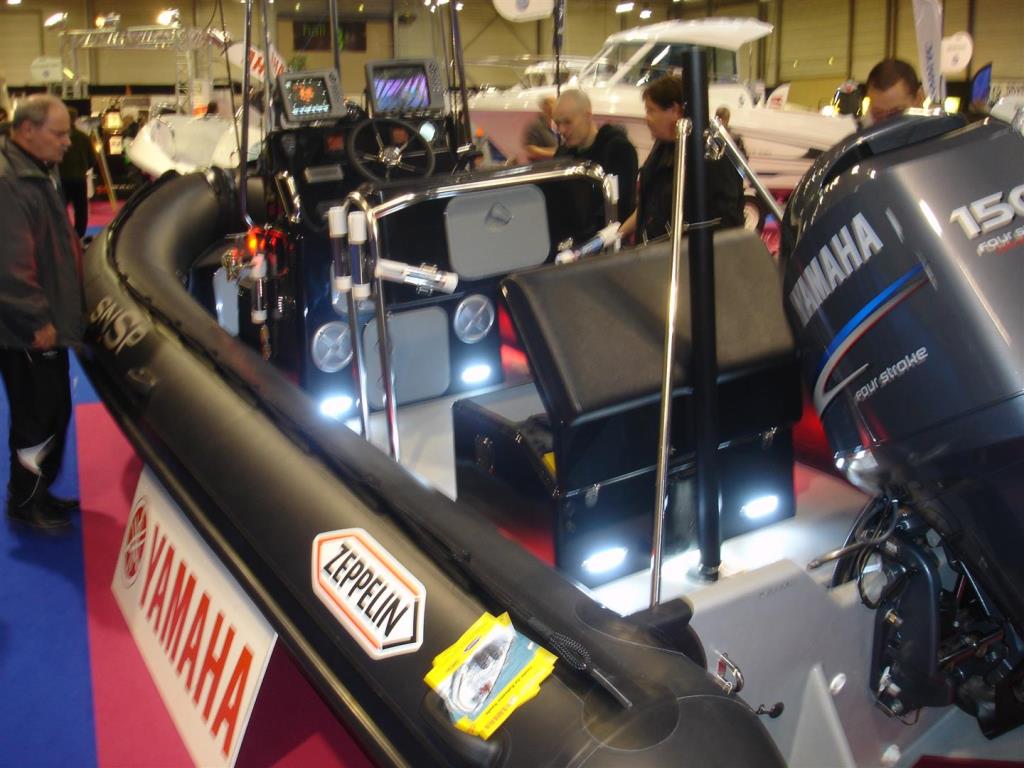
Look for as much storage as you can get. You will have plenty gear. The Honwave had a superb under seat bag that was excellent for dry storage of jackets and such like and it did not take up floor space
When it comes to engines I would suggest that you go for as much power as the boat will handle or as much power as your compromises will allow for. My trailered Honwave was equipped with a 15hp Honda motor. It was a trouble free powerplant. It would drive the boat at just a tad under 20 knots. It would plane very easily. In between fishing I would be messing about on the water and would have to carry kids to surfing beaches and general scutting about – with a full load the Honwave would struggle to plane but it would fly with two anglers and some kit.

SIB v RIB
There are more and smaller RIBs on the market now. If you are thinking about going down the trailering route then it is worth looking at small RIBs. Not by choice, I found myself having to look for a replacement for my Honwave. I happened across a Walker Bay Genisis 3.4m Rib and I haven’t looked back since. What does a RIB offer over a SIB? Certainly there is a bit of an improvement in terms of sea keeping. The rigid hull cuts the waves better. There is more storage as my boat has a compartment in the bow that is perfect for anchor and rope. The hull feels a bit more “slippery”; you do not have that “stickiness” on the surface that you feel with a SIB. You certainly feel a bit more confident when touching down on slipways and beaches. Of course most ribs will not break down for transport so you need to be happy with that compromise.

Setting up your fishing machine
Once you have your craft at base you can set about making it the fishing machine of your dreams.
Certainly some rod holders are a must. Having someplace to place your rod while travelling is a must. There is no doubt that your rods will suffer if just placed on the deck. I found some nice vertical tubes on Ebay and fitted one of them to the transom. Make sure that you test the engine turn before you secure your holder. You should be able to lock your steering without hitting your rod. My Walker Bay has a nifty seat that incorporates some storage and I was able to secure a rod holder to this too. If you have timber or plastic seats a countersunk holder might be the answer.

Electronics & Safety
Many anglers work without electronic aids. I like my sounder and fish finder and even though there are areas that I fish where I need neither I think the combination of aid to angling and safety make some electronics more than desirable. Certainly if you fish more than short distance from shore or travel some distance from your launch point, you will appreciate the safety that electronic gear brings.
Over the years I have progressed from a handheld GPS to a fixed unit and from a rudimentary sounder to a decent combination unit that suits my fishing and also transfers to my big boat. Currently I operate a Garmin Echomap 50s. It is a combination unit in that it has both GPS and sounder in one package. While the screen is small for splitting between functions it has a small enough form factor that it does not get in the way when I have more people on board. All things end up a compromise eh? Power supply is always an issue. If your engine is electric start you will already have a battery onboard. I use a 12v house alarm battery wired to my GPS. I keep a few of them on the go and will get around three average trips from a charge.
I would suggest that even though you may not feel the need to have a GPS or sounder there is one electronic item that you should surely consider as a must – A VHF radio. I carry a handheld Icom that floats and find that it is a rather reassuring item when at sea alone. While it is necessary to have a licence to operate a VHF radio I would suggest that you should have one regardless of being licenced to operate. It is more important to be safe and you can always get the licence as you progress.

In terms of safety one must tick the boxes and carry the safety equipment you deem necessary for the nature of the trips you take. Should you carry flares? I do on my big boat. I don’t on my SIB. Fire extinguisher? First aid kit? Every boat should have an anchor and enough rope to anchor the boat in the normal operating area. If you have engine trouble you can anchor and wait for help or you can at least check things out without worrying that you are drifting close to shore. I carry my foot pump, some early mornings can have an effect on tube pressure and while a puncture is a rare occurrence I like the idea of being able to stop and top up if I am leaking. Of all the safety equipment there is little substitute for the brain of the skipper. You must take each trip for what it is – a voyage. Each successful voyage depends on the skill and ability of the skipper. That tends to be you! You need to have a plan in place, however simple. You need for somebody on shore to be aware of the plan. In simple terms you should tell somebody where you are going to be operating and what time you intend to come ashore. If you are going to be later than planned, some days the fishing can be very good, you need to let that person know that you are going to be delayed. It is basic safety after all.
[embedyt] https://www.youtube.com/watch?v=EZoGpp1ZCRg[/embedyt]
Before you go to launch at all you need to check the weather. Here on TopFisher.eu weather is mentioned regularly and you can get a good idea of the sites to visit here: http://www.topfisher.eu/weather-go-or-no-go/
It is important to know what any given weather conditions will give in terms of conditions at you launch site. Things like direction of wind, the effect of wind and tide together and whether the weather situation is an improving or a deteriorating situation are important considerations. Tide is an important factor, not just from a fishing point of view.
If you have never skippered a craft before I would recommend a powerboat course. You will be given very useful and practical help to make you a better skipper. Certainly here in Ireland there is no legal obligation to have any licence or certification to drive a craft. There is no obligation to have insurance. There is a legal obligation to wear a lifejacket. I would consider a lifejacket and an engine kill cord to be a must when driving a boat that has potential to reach more than 20mph, a speed that is fast on water!
So can we sum up the getting afloat?
- Set your budget
- Decide on the compromise craft
- Search for your best deal
- Don’t forget to budget for the safety equipment!
- Set the craft up for operating and fishing
- Plan your trip
- Start off with short trips and get used to your craft
- Mind you gear when finished – wash down, maintenance etc.
- Review your trip – what went well? What can be improved on?
- Repeat and enjoy!
[embedyt] https://www.youtube.com/watch?v=9e-VjCr007o[/embedyt]




